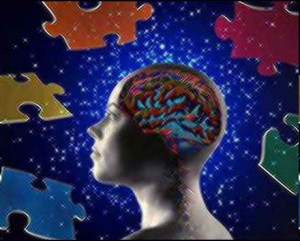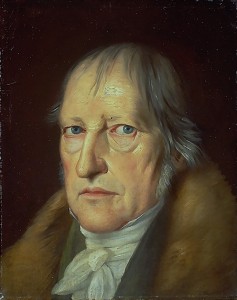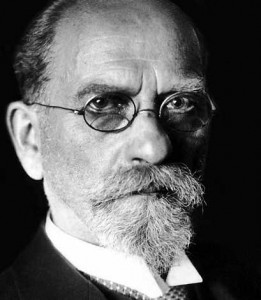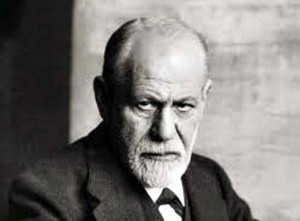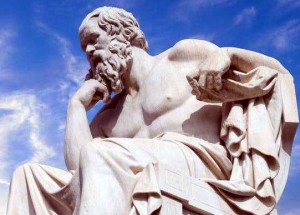 Whitehead‘s Narration of the Crisis
Whitehead‘s Narration of the Crisis
This paper examines Alfred North Whitehead‘s treatment of the ?crisis of the European sciences,? in contradistinction to Edmund Husserl‘s analysis. For this task, I rely primarily on Whitehead‘s Science and the Modern World. Whitehead‘s analysis of the crisis of Western science and civilization is in Continue reading


